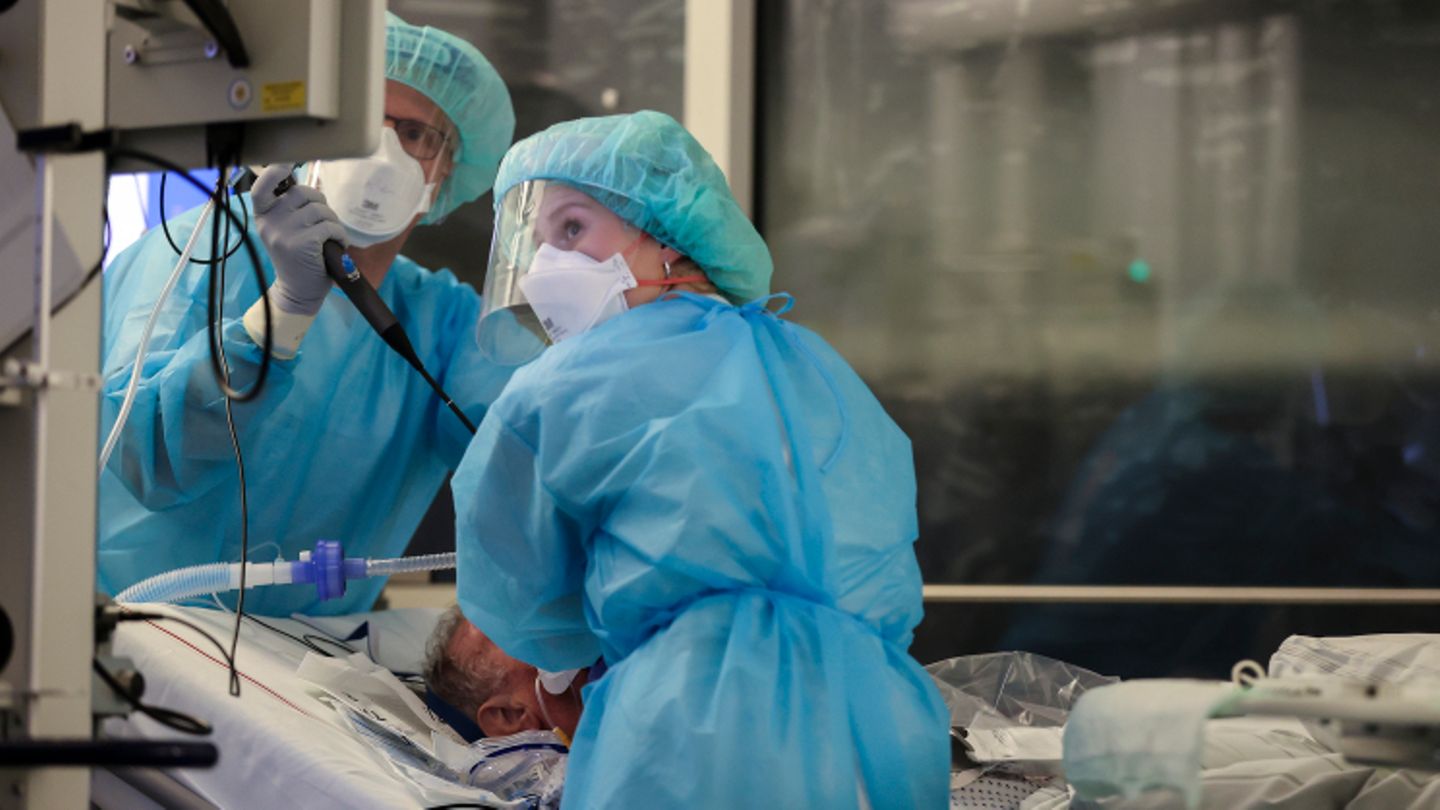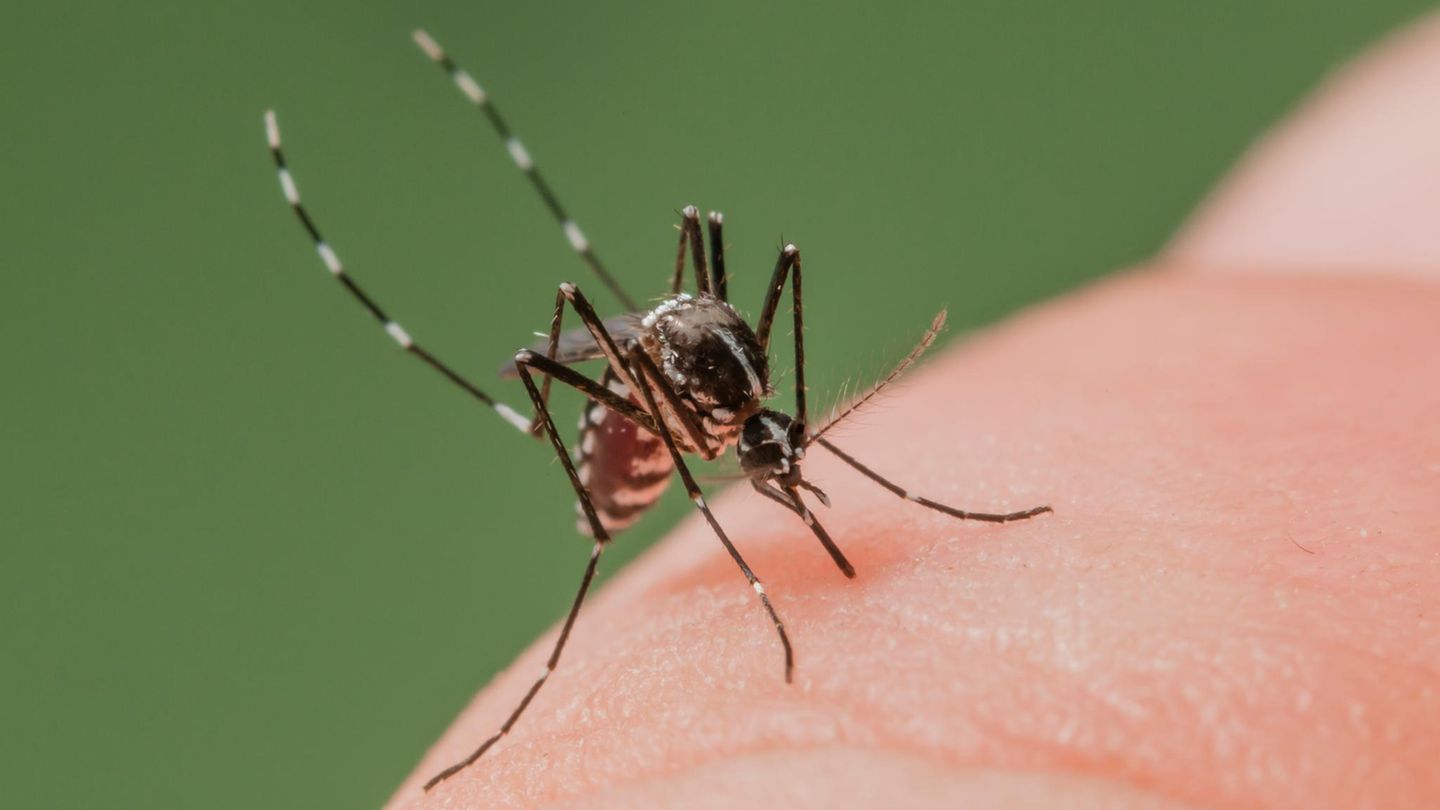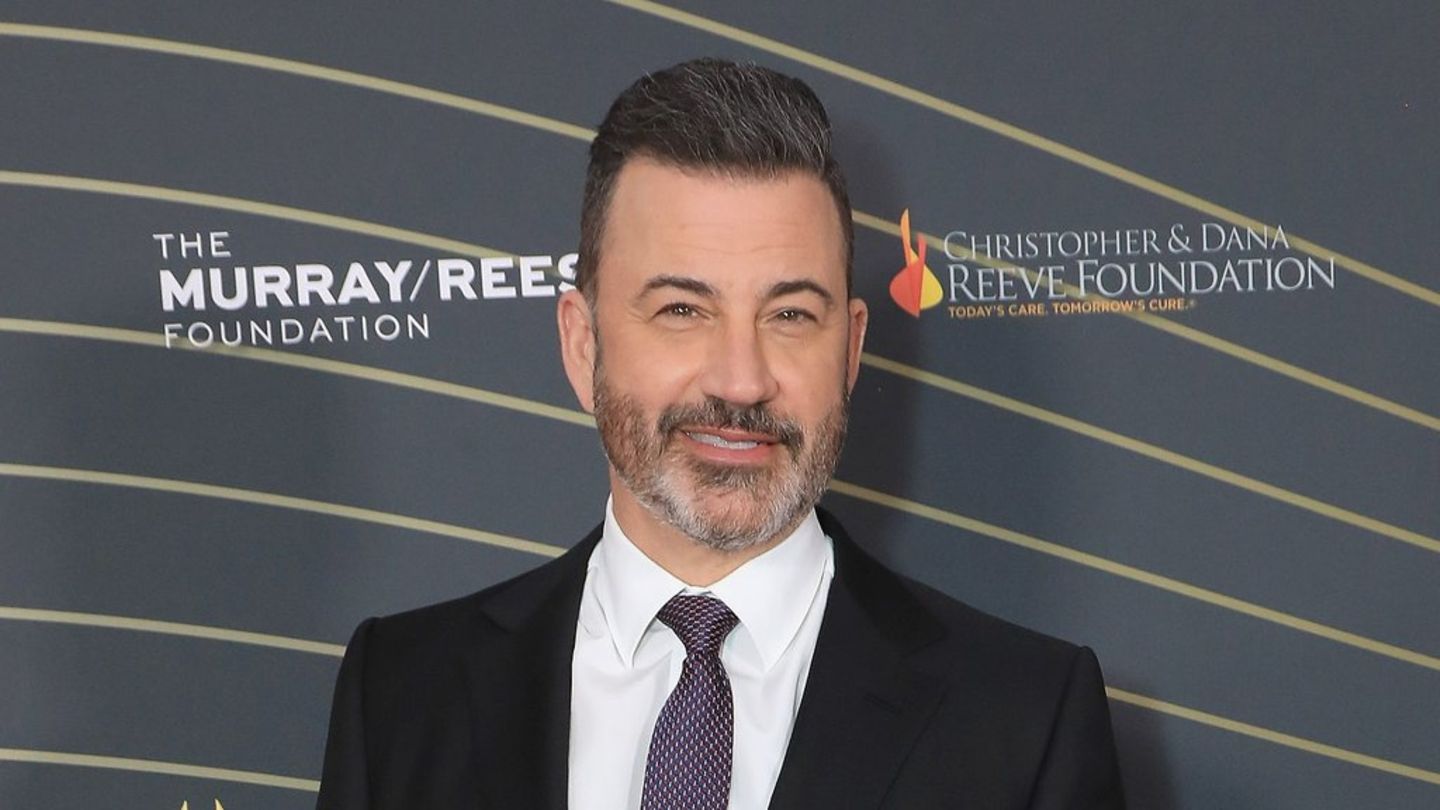The virus variant Omikron, classified by the WHO as “very risky”, is spreading rapidly. Nevertheless, US President Joe Biden warns against panic.
The newly discovered omicron variant of the coronavirus is putting the world in a state of alarm. More and more countries reported cases of infection with the new pathogen on Monday, the G7 countries called for “urgent measures” to prevent the spread of the virus variant. The United Nations, however, criticized the travel restrictions in many countries for southern Africa, where Omikron was first identified. US President Joe Biden warned not to panic.
The World Health Organization (WHO) upgraded the global risk from Omikron on Monday – from “worrying” to “very high”. A sharp increase in the number of infections could have serious consequences, warned the UN organization. In South Africa, experts are already expecting the number of cases to explode. The discovery of the new coronavirus variant with the scientific name B.1.1.529 was announced there on Thursday.
Many countries are canceling flights to South Africa
According to South African scientists, the variant could be even more contagious than the delta variant, which is rampant around the world, because of the unusually large number of mutations – and make the vaccines less effective. The WHO pointed out the many remaining uncertainties about the transferability and danger of the new virus variant. “So far, no deaths have been reported in connection with the Omikron variant,” emphasized the organization.
In a joint statement, the health ministers of the G7 countries Germany, France, Italy, Great Britain, the USA, Canada and Japan praised “South Africa’s exemplary work in discovering the variant and warning others about it”. However, the G7 and many other countries had temporarily suspended air traffic with South Africa and other countries in the region, which, among other things, sharply criticized the South African government.
Pretoria regretted the travel stops on Monday. In particular, it was “sad” that African countries had also taken such measures, said a spokeswoman for the Foreign Ministry. The WHO also advocated keeping the borders open. Japan and Australia nevertheless introduced further travel restrictions.
Several confirmed cases in Germany
UN Secretary General António Guterres was “very concerned about the isolation of the countries of southern Africa”. The people there should not be blamed and punished for the “immorally low levels of vaccines available in Africa,” he criticized. Experts had long warned that the vaccine shortage in Africa could encourage the emergence of new virus variants. China promised one billion vaccine doses to countries in Africa on Monday.
Despite the travel restrictions, Omikron is becoming more and more common, especially in Europe. Six cases were recorded in Scotland on Monday. Since some of them have no direct connection to travel to southern Africa, the first transmissions within Scotland can be assumed, said Deputy Prime Minister John Swinney. In Austria, the suspicion of Omikron was confirmed in the case of a returnee from South Africa, as was the case in Spain.
Other cases were also known in Germany. In Bavaria there are now three confirmed infected people with the new variant. One suspected case was confirmed in Hesse. There are also suspected cases in North Rhine-Westphalia and Lower Saxony.
In many countries, suspected cases are kept under close surveillance. Nevertheless, a couple managed to escape from a quarantine hotel in the Netherlands on Sunday. It was arrested and re-quarantined on a plane about to leave for Spain.
Biden: “Don’t panic”
The UK opened booster vaccinations against the coronavirus to all adults amid the spread of the omicron variant. So far, only those over 40 have been able to get a “booster” six months after their full vaccination.
Omikron is “a cause for concern, but not a cause for panic,” said US President Biden. “We have more resources to combat the variant today than ever before.”
The US pharmaceutical company Pfizer said it was already working on a special booster vaccination against the new variant. The first tests would be carried out, says Pfizer boss Albert Bourla. “I don’t think the result will be that the (current) vaccine won’t protect.” But should it actually provide less protection, a new remedy will be developed. The developers of the Russian corona vaccine Sputnik V.
Source From: Stern



